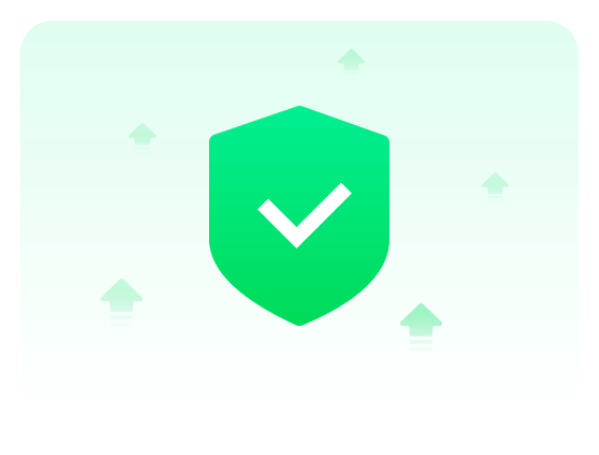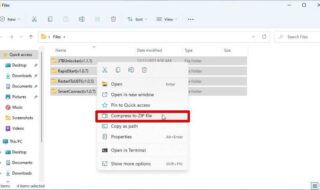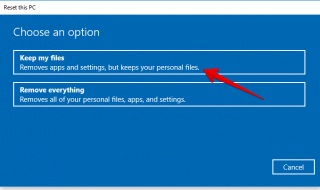Are you guilty of using easy-to-remember passwords like “password” or “1234?” If so, you’re not alone. A recent study found that nearly 50% of people use easily guessed passwords. But using weak passwords can leave your online accounts vulnerable to hackers. So how can you create a strong password that’s difficult to crack? Here are four tips for you to follow today!
Contents
Avoid Common Words or Phrases
One way to create a strong password is to avoid common words. These words are easily remembered and easy to crack. They also have a high chance of overlapping with other passwords. For instance, if you create a password with the year 1980, you are inviting others to guess if they have the same name.
Moreover, it’s also important to remember that your password must be at least 12 characters long and difficult to guess. It should also contain a combination of upper and lowercase letters. Also, it shouldn’t contain common words or personal information. It’s also not recommended to use the same password for different accounts.
One way to strengthen your password is to avoid using dictionary words and other words that people use frequently. In addition, you should avoid using common words or patterns. For example, “123” doesn’t offer much protection if hackers use dictionary attacks to find lists of stolen information.
Use a Combination to Variate Your Password

Passwords need to be unique, long, and varied, and they should not be shared. Including upper and lowercase letters, special symbols, and numbers are also important. You should also avoid using common dictionary words, key dates, and other easily guessed words. Instead, try to use words or phrases that are not obvious to hackers.
Passwords should not repeat any strings or characters and should contain all the character types allowed. If a hacker has already cracked your password, immediately change it and check other accounts. If you’re concerned that your password has been stolen, call your company’s IT security help desk for assistance. To prevent being compromised, remember to change your password regularly and change it when you’re not sure of its security. Also, avoid typing your password on public computers and Internet cafes, as this can make your passwords vulnerable.
Another method of creating a strong password is by using a password generator. Password generators can generate strong passwords based on your chosen length and element set. Using a password generator will save you the trouble of remembering passwords. A strong password should be long and contain uppercase letters and lowercase letters, as well as numbers and special symbols.
Avoid Common Substitutions in Passwords
When choosing a password, it is important not to repeat letters or characters. It is also important to use all allowed character types. This will prevent anyone from identifying your password as being too easy to guess. In addition, those who are trying to hack a website should avoid using passwords with only letters, numbers, and symbols.
Hackers will look for words that have similar spellings. Passwords that contain personal information are particularly vulnerable, as they can be gleaned from public information. Instead of using these common substitutions, try using different combinations that are longer, such as misspelled words or variations of words. This will also help you avoid making a mistake that can cost your account.
You can also substitute letters with special characters. This method is known as leetspeak passwords and was originally used by “elite” hackers. However, it isn’t very secure. The reason for this is that most password-cracking programs can recognize common letter substitutions and can then decipher the underlying word.
Make your Password Unique to Each Account
To make your password unique to each account, use a combination of letters, numbers, and symbols. If you use the same password for different websites, it is likely that the other users of the website will guess it. You can also choose nicknames or initials for your passwords, but be sure not to use common names. In addition, keep your passwords short, between four to eight characters, and avoid using any information that is easily guessable.
One of the best ways to prevent unauthorized access to your accounts is to make each password unique to each account. Passwords should be at least eight characters long and contain at least one special character and one number. They should be easy to remember and difficult for others to guess. Moreover, they should be unique and unpredictable, which makes them difficult to guess.
What Should You Do if Your Password is Compromised?
When a password is compromised, it means that someone else knows what it is. Therefore, it is crucial that you take the following steps quickly:
- First, change your password immediately. If you have used the same password on other websites, change those passwords as well.
- Second, notify banking institutions and credit card companies with whom you have accounts. They may need to take extra security measures to protect your accounts.
- Third, check your credit report for unauthorized activity. If you find any, file a police report and notify the three major credit bureaus.
- Fourth, consider using a free online people finder service to get an insight into what details of yours might have been leaked. This can help you determine what other steps you need to take to protect your identity.
- Finally, monitor your accounts closely for any unusual activity.
Conclusion
A strong password is essential to keeping your online accounts safe. By following these tips, you can create a strong and unique password. In addition, you can take steps to protect your passwords if they are ever compromised.



